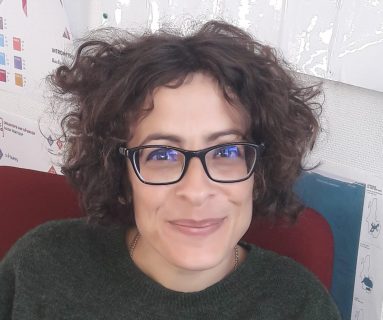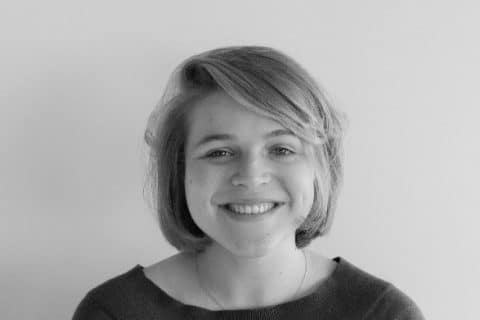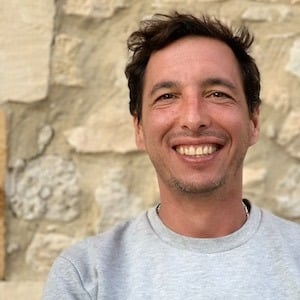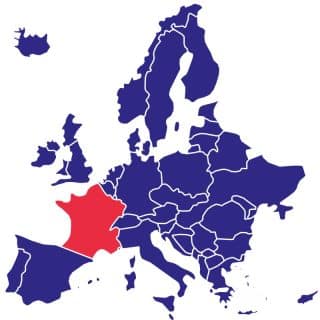
France
Housing First got first implemented in France as a result of a recommendation based on the 2010 Report on Homelessness, mandated by the Minister of Health and Sports. The “Un chez-soi d’abord” research demonstration project of Housing First was carried out in four French cities, namely Lille, Marseille, Toulouse, and Paris, from April 2011 to December 2016.
The “Un chez-soi d’abord” research demonstration project of Housing First was carried out in four French cities, namely Lille, Marseille, Toulouse, and Paris, from April 2011 to December 2016 and was the the biggest and most socially scientific robust trial of
Housing First yet conducted in Europe. The project specifically targeted individuals who were experiencing homelessness and had severe and persistent mental illness, as well as complex needs. The primary focus of the project was to provide these individuals with housing and comprehensive support services to address their specific challenges.
An estimate of 80% of the housing was provided by private market landlords and 20% by social housing providers. The funding for the program was provided by the state to cover the housing aspect, while the support services were funded through the health insurance system. The program was overseen and coordinated by an inter-ministerial delegation. In each city where the program was implemented, there was collaboration and cooperation between healthcare providers, social services, and housing operators to effectively manage and administer the program.
During the two-year study period, the “Un chez-soi d’abord” program was determined to be cost-effective. 85% of the Housing First group were able to maintain their housing stability at the 24-month follow-up. As a result, Housing First has been integrated as a community health service within the framework of the “social action and family code” under the name “Un chez-soi d’abord”. In addition to the initial four pilot sites, Housing First programs are scheduled to be implemented in 16 other cities across France. By the end of 2023, a total of 2,000 individuals are expected to be included in these programs.
Our partners in France
-

Paris City Hall
Faced by a rise in homelessness in the late 90s and early 2000s, the City of Paris decided to implemented an integrated housing-led strategy aimed at preventing and reducing homelessness. Over the past twenty years, the City of Paris has produced 110 000 social homes, has introduced rent controls and measures to regulate holiday lets (such as airbnb), and launched the social lettings initiative « Rent Solidary » (« Louez Solidaire ») that currently sub-lets 1200 flats to homeless families. The City has also driven an ambitious homelessness prevention agenda, reducing evictions by 30% through individual grants and support services, and supporting the transition to adulthood by providing 4 in 5 care leavers with a guaranteed income and support services. The City has funded the scale-up of a range of services for rough sleepers, such as day centres, street outreach teams, and food banks. Over the past twenty years, the City has contributed actively to the scale-up of Housing First approaches in Paris. Firstly, it has funded the development of over 65 congregate housing first projects (over 1200 units) called « Pensions de Familles ». Secondly, since 2013, the City has provided the majority of the social homes used by Housing First Paris (an Assertive Community Treatment service) that currently houses over 100 former chronic rough sleepers with severe mental health problems. In 2020, the City joined the 45 other Housing First « acceleration » areas, which is a key plank of the National Housing First Plan launched in 2018 by the French government (Dihal). Paris’ 10-point Housing First Plan seeks to accelerate efforts relating to reduce homelessness, improving existing services, scaling up proven approaches and pilot testing new interventions. Key actions of the Plan include the funding of 75 new social flat to sub-let to homelessness families via « Louez Solidaire », the allocation of 40 social homes to Housing First Paris clients, and the scale up of a pilot Multi-disciplinary team that works to prevent evictions amongst tenants with mental health problems. The Plan is underpinned by an ambitious training programme, and work on data sharing that includes the publication of the « Paris Homelessness Dashboard ».
-

Strasbourg Eurométropole
Housing First was presented in 2017 as a salient element of the French national strategy to fight and reduce homelessness (five-year plan 2018-2022). Already engaged in the fight for adequate and affordable housing, the Strasbourg Eurometropolitan Area immediately rose to the call and began implementing the plan with 23 other local and regional authorities. Our objective is making sure that homeless individuals and households can have rapid access to housing, as well as the necessary support they need to maintain it. In the frame of the national Housing First philosophy, the issues at play are the following: • Fostering access to permanent housing for homeless people. • Developing specialised support towards and during housing that meets each household’s needs. • Strengthening prevention policy and trying to limit the issues that can bring an individual to become homelessness. • Mobilising vacant housing.
-
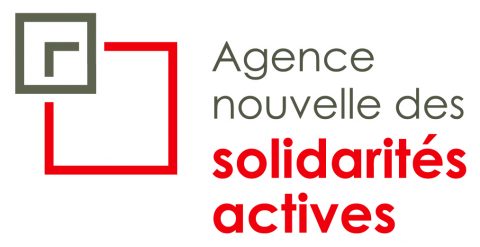
ANSA – Agence nouvelle des solidarités actives
L’Agence nouvelle des solidarités actives (Ansa) is a French think-and-do tank in the field of poverty and social exclusion whose aim is to promote evidence-based approaches. We identify promising innovations, set up pilot tests and experiments, support the scale up of effective approaches and seek to share findings about effective innovations. We also support the government and NGOs in placing the needs and viewpoints of service users at the heart of the policy process. Ansa has worked on Housing First and housing-led approaches since 2010, through pilot projects, evaluation, and support for scale up. We have also advocated for this approach, publishing several reports and articles. Ansa’s focus is now on supporting local areas to implement Housing First and housing-led approaches at scale, through evaluation, advice, pilot projects and training. We hope that by providing training we can support public managers and frontline professionals to implement high-fidelity Housing First services.
-

Métropole de Lyon
Métropole de Lyon is a regional authority gathering 59 municipalities and 1,3 million inhabitants, with a wide range of competences including urbanism, housing, the protection of children and social action. Its mission is to define, outline and implement the Habitat strategy throughout the 59 municipalities under its jurisdiction. This policy aims to provide all households with appropriate and diversified solutions that meet their needs: homeownership (which should be available to all and with prices kept under control); mid-range and social housing; specific accommodation for disabled people and the elderly; housing for students and youth; Roma populations… Métropole de Lyon works along the whole housing chain, in the private as well as social housing stock. It supports and promotes the production and renovation of the housing offer, improving the quality of existing stock, access to housing and housing stability. Since 2018, the Municipality has been engaged with the Housing First philosophy and has been rolling out new housing solutions to reduce homelessness.
-
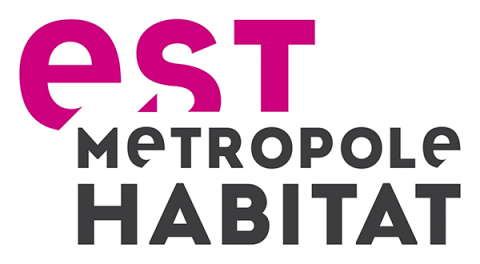
EST Métropole Habitat
Est Metropole Habitat (EMH) is a social housing organisation established in 1919 and linked to the City of Lyon (France), with 16.000 dwellings. EMH is member of a group that gathers five companies who work in the housing sector, the GIE la Ville Autrement. This group brings together three social landlords and two NGOs, developing both temporary and long-term housing solutions. For the past 5 years, EMH has been involved in scaling up a Housing First strategy, with three main areas of intervention in order to provide housing to homeless people: • Mobilising existing rental stock and turning it into Housing First dwellings (about 50 housing solutions/year); • Developing specific responses such as shared housing or mobile and modular solutions (about 50 housing solutions/year); • Optimising and managing temporary urban planning for unconditional accommodation (about 20 housing solutions/classic year. In 2021, a special operation was carried out which delivered 140 dwellings).
-
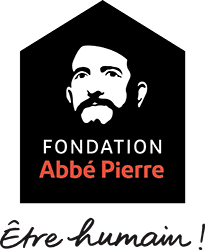
Fondation Abbé Pierre
Fondation Abbé Pierre for accommodating the underprivileged (FAP), an officially recognised non-profit association on 11th February 1992, is a foundation whose mission is to allow vulnerable populations to have access to decent housing and a dignified life, whatever their resources or social situation. Fondation Abbé Pierre finances and supports associations that fight against substandard housing and exclusion. It supports close to 900 projects each year, both in France and abroad, focusing on: building ‘very social’ housing; fighting against inadequate accommodation; helping and housing homeless people; providing legal advice and support to the poorly housed; raising awareness and lobbying public authorities. The Foundation is spread across France in 9 regional agencies, 30 Solidarity Boutiques, and 40 family pensions.
-
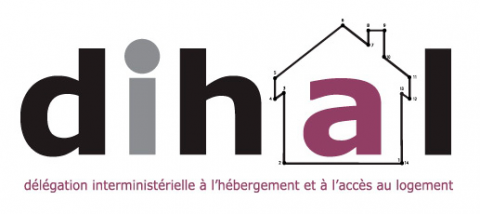
Dihal
The Interministerial delegation for housing and access to housing (Dihal) was created in 2010. It is responsible for piloting and implementing the national housing policy for people who are homeless or at risk of becoming homeless, with the ultimate goal of drastically reducing the number of homeless people in France. In 2017, the French government launched a new public policy for which the Dihal is responsible and which aims to combat homelessness: the “Five-year Plan for Housing First”. In 2021, this policy was strengthened by creating the “public service from the street to housing”. This covers different objectives: increasing the housing stock, quickly directing and supporting homeless people towards housing, reducing rental evictions, getting territories involved and improving the governance of all stakeholders. The policy focuses on transforming the way homelessness is generally approached in France, from a system based on emergency solutions to the provision of housing and support according to a Housing First philosophy. This is done by working in close collaboration with actors throughout the territory, ranging from State services and local authorities to social landlords and associations. The policy is based in particular on 45 territories of accelerated implementation of Housing First. Housing First services are now spread across France with 235,000 people having received housing between 2018 and 2020, including more than 18,000 refugees in 2020 alone.
Trainers
Nadyah is a socio-urbanist and a task officer at GIE La Ville Autrement where she works on the deployment of partnership projects for the homeless in the metropolitan of Lyon within the framework of Housing First. In addition to being a Hoosing First trainer, Nadyah is also working on a thesis in sociology which deals with Housing First and the processes of institutional innovation in social housing (University of Nice – GREDEG).
I am working at the advocacy level on Housing First in France. In my work for Fondation Abbé Pierre, which is known for its expertise in the evaluation of public policy, I have conducted an evaluation of the national Housing First programme.
Raphael is a psychiatrist with a degree in public health from NOVA university. After 10 years in Un chez soi d’abord (French Housing First), he’s worked in working first and develops training in recovery oriented practice. His year as an assistant visiting professor at Yale University as part of the Program For Recovery and Community Health (PRCH) was an opportunity to visit several Housing First programmes in the US. He’s currently the national coordinator for Un chez soi d’abord France at the DIHAL.
